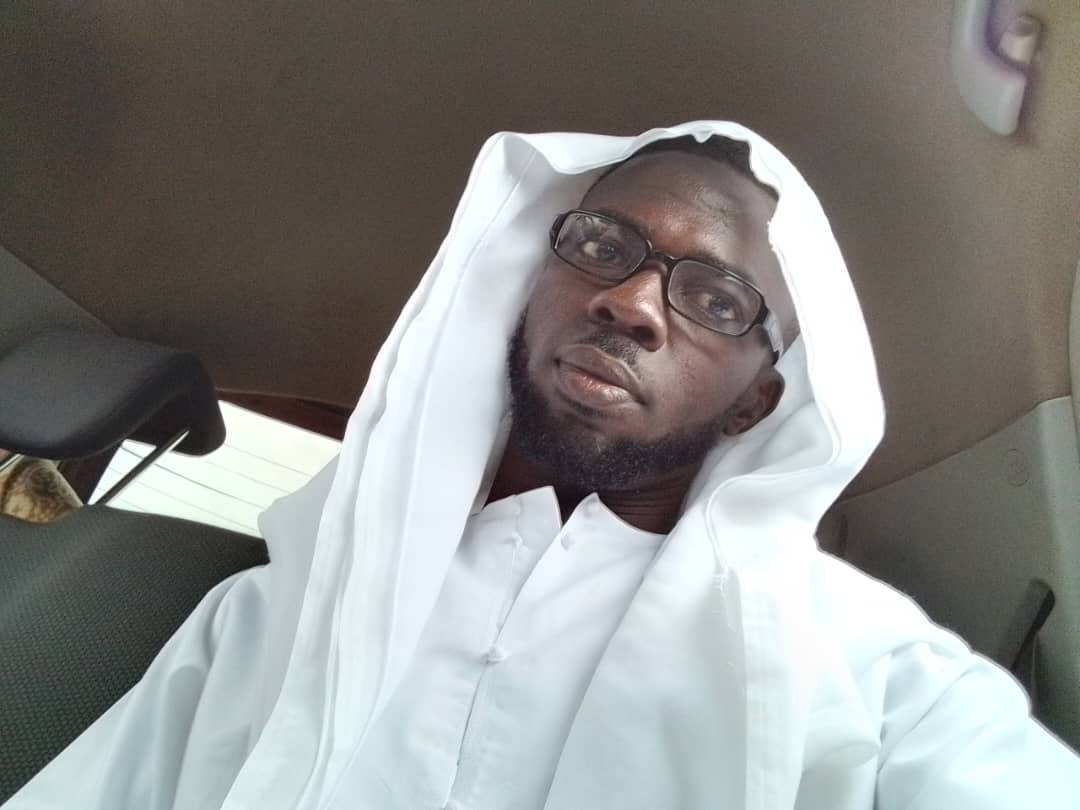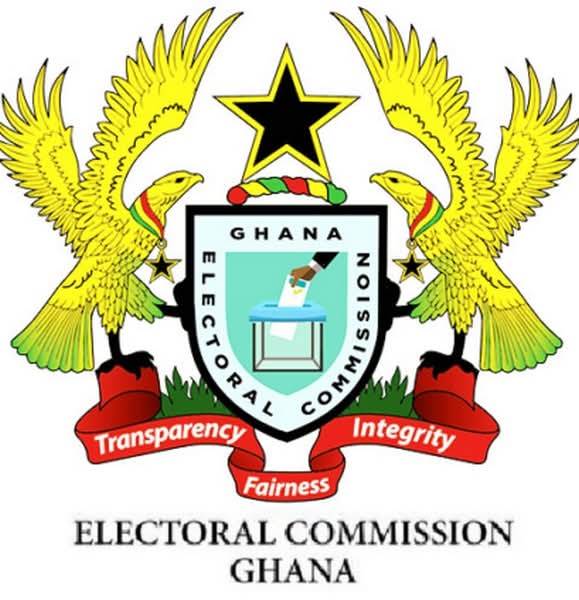In a keenly contested election, 32-year-old gold dealer Maxwell Boakye has been elected as the Western Region’s Council of State representative, defeating eight other aspirants in a closely watched race.
The election, which took place at the Western Regional Coordinating Council, saw 28 delegates casting their ballots. Boakye emerged victorious with 17 votes, while his closest competitor, Akwasi Awuah, managed 10 votes. The third-place candidate, Adjei Clement, secured only one vote.
Boakye’s triumph came as a surprise to many, especially since Akwasi Awuah, a prominent businessman, was widely tipped to win the election. His unexpected victory has sparked mixed reactions, with some viewing it as a refreshing change in leadership, while others question the integrity of the process.
Despite the smooth conduct of the election, concerns over vote-buying have cast a shadow over the results. Some candidates and observers have alleged that financial incentives played a role in influencing delegates’ choices.
Speaking to the media after the election, Nana Nkanomko IV, one of the aspirants, claimed that delegates were offered GH₵50,000 each to secure their votes.
“I personally visited the voters, and they assured me of their support. However, when we arrived for the election, I was informed that each delegate had been given GH₵50,000. This election was bought, not won. If this continues, our country is heading in the wrong direction,†she lamented.
Meanwhile, Boakye, who hails from Amenfi West, has made history as the youngest-ever Council of State representative for the Western Region. His supporters see his victory as a significant milestone for youth involvement in governance.
Critics, however, continue to push for further scrutiny into the alleged vote-buying. Calls have been made for electoral reforms to prevent financial influence from determining the outcome of such crucial positions.
With his position now secured, Boakye is expected to serve as an advisor to the president, representing the interests of the Western Region. As he steps into this influential role, attention will be on how he fulfills his mandate while addressing the controversy surrounding his election.




No comments yet
Be the first to share your thoughts!